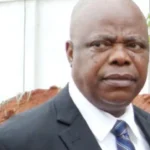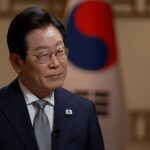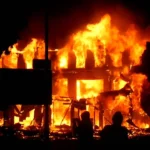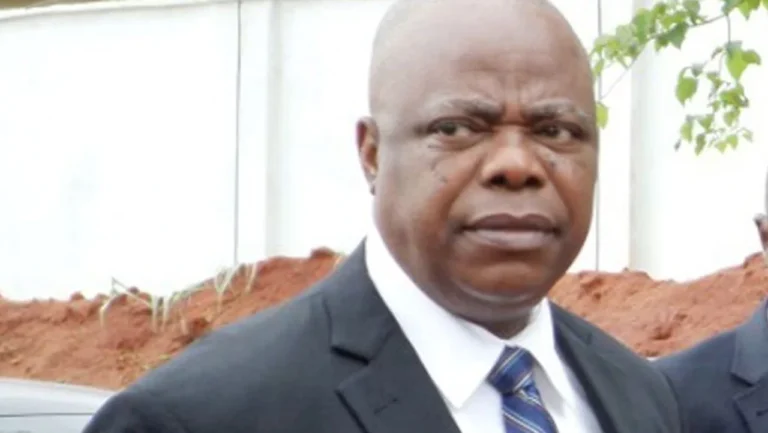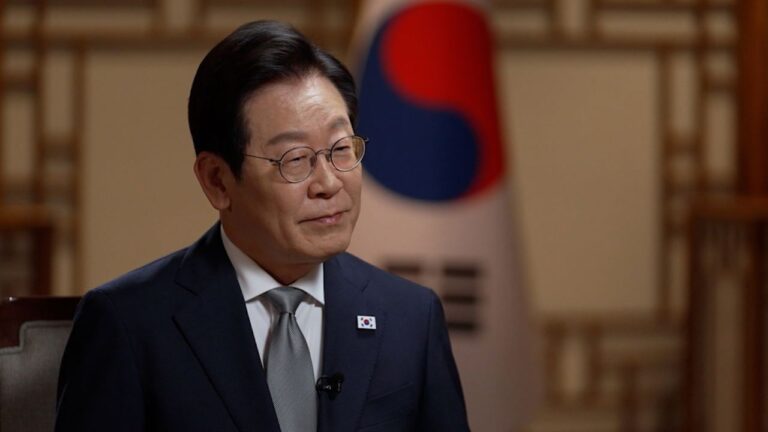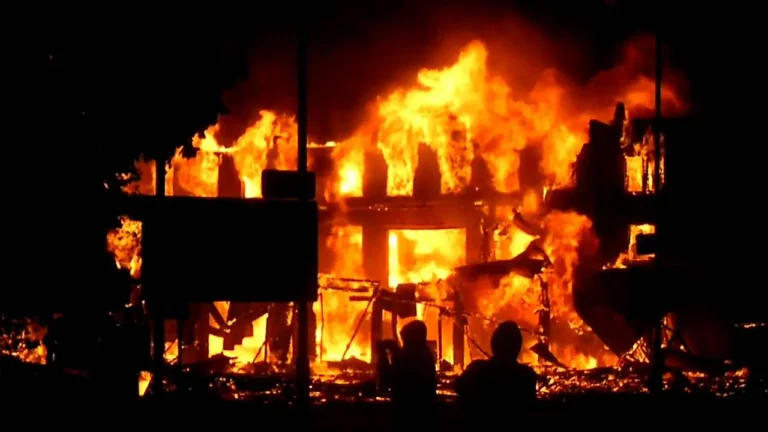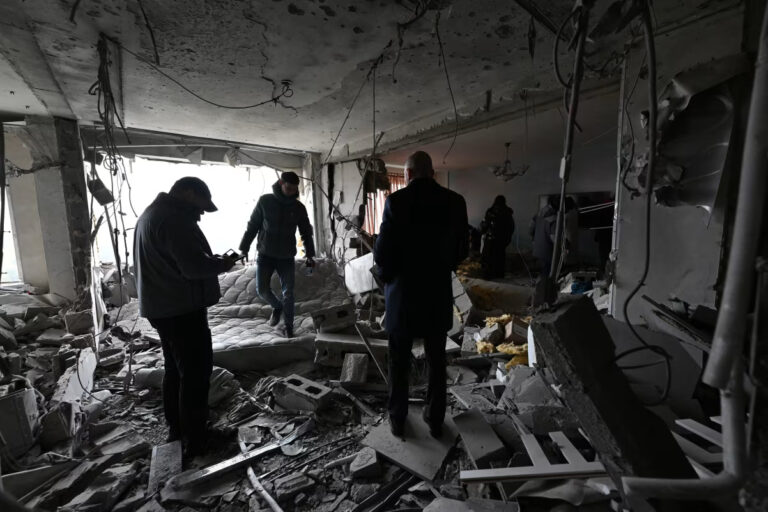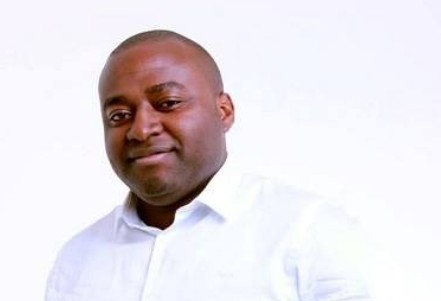
By Derric Yuh Ndim*
Over the past six weeks, Cameroon has been gripped by election fever. This week, the fever has peaked—
and with it, the frustration, confusion, and anger of millions. I’ve observed this cycle closely: the buildup,
the campaigns, the vote itself, and now the post-election chaos. As many rush to analyze the numbers and
the noise, I want to step back and paint a fuller picture—one that reveals the regime’s system as a well
oiled machine designed to keep the people perpetually oppressed, serving the interests of a few privileged
families entrenched in power.
The Architecture of Rigging
Let’s begin with the institutions. The two bodies that supposedly safeguard democracy—the Electoral
Commission (ELECAM) and the Constitutional Council—are both regime-controlled. Their leadership is
handpicked by the regime, often drawn from ENAM graduates and loyal civil servants whose careers
depend on regime favor. Expecting impartiality from these institutions is not just naïve—it’s structurally
impossible. They are built to serve the regime, not the republic.
Campaigns: A Tilted Playing Field
Opposition parties are given just a few weeks to mobilize, organize, and comply with ever-changing
ELECAM procedures. These rules shift from election to election, creating bureaucratic hurdles that drain
time and resources. Meanwhile, the regime begins its campaign well before the official window, using
state officials and public resources to canvass support. There are no laws preventing this abuse, no
accountability mechanisms, and no consequences. The playing field isn’t just uneven—it’s deliberately
tilted.
Public gatherings are another tool of suppression. Opposition rallies require approval from territorial
administrators—regime appointees who often delay or deny permits. The regime, of course, faces no such
restrictions. Their events proceed unhindered, often with state sponsorship and security backing.
The Vote and the Glitch
The electoral code contains a contradiction—a glitch that Issa Tchiroma has now exposed. Polling
stations are required to count and announce results publicly, with party representatives and voters
confirming the tallies. These signed PVs (procès-verbaux) are then sent to regional collation centers. But
here’s the catch: these centers are staffed by regime-appointed ELECAM officials and guarded by
security forces. This is where the cooking begins. The opposition has little to no oversight at this level,
despite having verified polling unit results in hand.
From these opaque regional centers, results are forwarded to the National Commission for the General
Tally of Votes. Each party sends a representative, but the commission itself is dominated by regime
loyalists. When opposition reps challenge discrepancies between regional tallies and polling unit PVs,
they’re told the commission has no mandate to compare the two. So what exactly is its purpose? If it can’t
verify the integrity of the vote, it’s just a rubber stamp.
Finally, the Constitutional Council—the supposed guardian of electoral justice. In 2019, every opposition
challenge was dismissed with one word: “Inadmissible.” This year will be no different. The Council will
validate whatever ELECAM submits, and the people will be told to accept it “in respect of the laws of the
land.” But laws without justice are just instruments of control.
Retesting the System Against Reality
Let’s retest these facts against what we’ve seen in this current election cycle. Videos have circulated
showing ELECAM officials stuffing ballot boxes with more CPDM ballots than the number of voters
present. Citizens at polling stations have fought back, demanding corrections. In crisis-stricken regions
like the Northwest and Southwest, we’ve seen implausibly high voter turnout figures—numbers that defy
logic and reality. Locals have condemned these results, and in some cases, officials have resigned in
protest.
And yet, despite all this, has ELECAM or the regime addressed any of these malpractices in their
numerous media outings? No. Because this is part of the plan. The regime manufactures outcomes, then
wraps them in legality, asking the people to “obey the law.”
The Silence of International Observers
International election observers praised ELECAM immediately after voting day, calling the process
“peaceful, free, and fair.” But they ignored the post-election process—the very phase where manipulation
thrives. Opposition complaints, backed by signed PVs, seem to mean nothing to these observers. Once
again, the vulnerable are left to fend for themselves.
The Masterstroke and the Moment
Issa Tchiroma’s masterstroke was exposing the regime’s glitch: the legal allowance for polling unit PVs
to be published. His team has diligently shared these signed results from across the country, providing
irrefutable proof that he won the election convincingly. This is the people’s tool. This is the moment.
The people must now stand up and say no to open system rigging. They must demand that their choice be
respected. They must stand with Tchiroma—not just to install a new government, but to establish a new
social contract built through rigorous stakeholder consultations and agreements that address the country’s
deepest wounds.
This election, as Rebecca aptly said, is the revolution itself. It is the people’s vote against the system. And
it must be defended. Not just for today, but for the future—for a Cameroon that belongs to its people, not its rulers.
Spread the love


